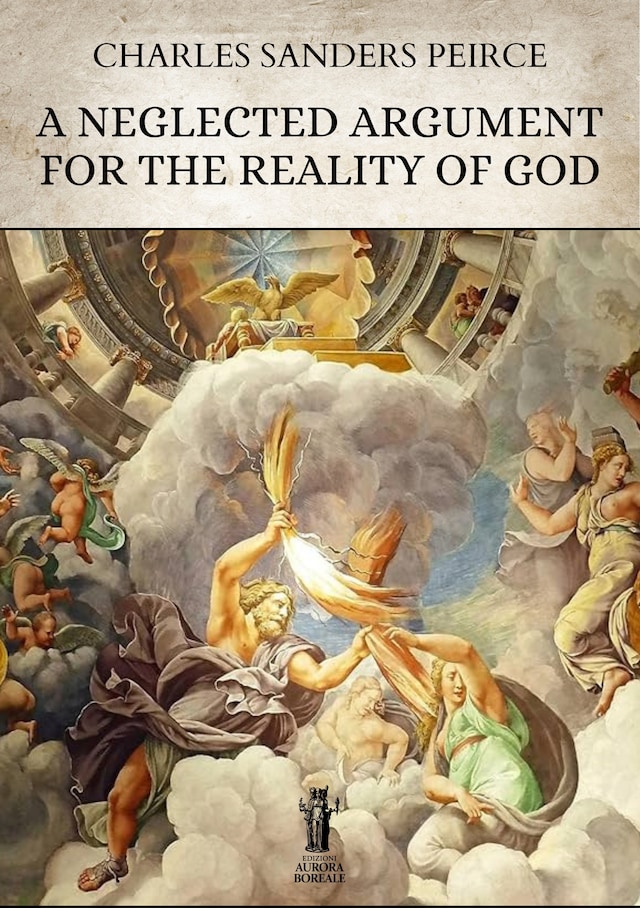
A Neglected Argument for the Reality of God
Description of book
Charles Sanders Peirce (1839-1914) was an American scientist, mathematician, logician, and philosopher who is known as "the father of pragmatism" and one of the most original minds of the later nineteenth century. According to Paul Weiss, Peirce was the most original and versatile of America's philosophers and America's greatest logician.
Educated as a chemist and employed as a scientist for thirty years, Peirce meanwhile made major contributions to logic, such as theories of relations and quantification. His contributions to symbolic logic are more numerous and varied than those of any other writer in the XIXth century.
For metaphysics, Peirce was an objective idealist in the tradition of German philosopher Immanuel Kant as well as a scholastic realist about universals. He also held a commitment to the ideas of continuity and chance as real features of the universe, views he labeled synechism and tychism respectively. Peirce believed an epistemic fallibilism and anti-skepticism went along with these views.
Peirce’s essay A Neglected Argument for the Reality of God, which we propose to our readers today, was written in 1908 in Westfall, Pennsylvania, and published in the same year.
 Charles Sanders Peirce
Charles Sanders Peirce 36 Pages
36 Pages